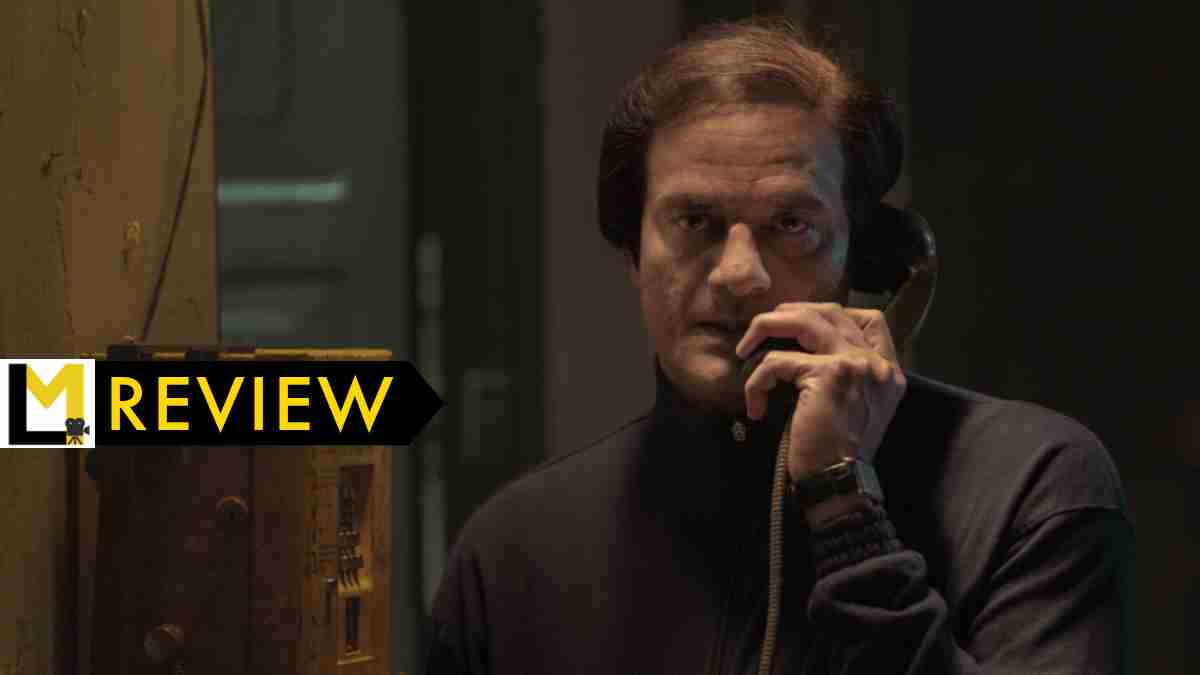For the Indian audience who has seen Drishyam (including remakes), the official adaptation of The Devotion of Suspect X, Jaane Jaan, might not feel as shocking or surprising as it was originally. I am not accusing the Jeethu Joseph movie of plagiarism. In fact, if you look at the element Jeethu Joseph has borrowed from Keigo Higashino’s book, the usage is pretty clever. Directed by Sujoy Ghosh, Jaane Jaan is an impressive thriller that stays close to its characters and reveals the twists as a character-driven decision.
The story is set in Kalimpong. Our central character is Maya D’souza, a single mother raising her daughter by working at a cafe named Tiffin. Her neighbor Naren Vyas, whom everyone respectfully calls “teacher,” is a regular visitor at the restaurant, and everyone knows that he really likes Maya. Things took a different turn when Maya’s abusive ex-husband managed to find her and wanted to take the daughter with him. The tussle eventually resulted in the murder of the husband. How Maya tries to escape from the possible murder charges against her with the teacher’s help is what we see in Jaane Jaan.
The OCD-ish, systematic life of Naren, with a precise eye for everything, attracts you to the thriller. Through a visually engrossing style with these blue-tinted frames and flashy cuts, Sujoy Ghosh makes sure there is never a dull moment in the film, despite the narration happening mainly from the perspective of a very calm and composed man. The story does not beat around the bush to establish the characters’ routine for too long. The critical event, the murder, happens in the very first act of the movie, and the focus is very much on the investigation done by Inspector Karan Anand.
The scripting structure is not necessarily hero-centric. Even though we see Naren giving Maya confident instructions on how to deal with the police, the script demolishes the confidence in the very next move by placing an equally brilliant Karan. It is only by the end that you realize the unrequited and selfless love angle of the teacher that has a very psychological link with his love for maths. In fact, there is a moment in the film where we see him get agitated when people do not try to understand maths. The cinematography mostly has tight shots in a handheld format. The blue-ish frames add a sense of melancholy and tension to the visuals. I liked the stylized edits that find a parallel between the jujutsu fight and the interrogation between Naren and Karan.
Jaideep Ahlawat, as the introverted teacher, Naren underplays the character very effectively. He beautifully conveys the character’s love, angst, and determination with minimal changes in facial expressions, but mainly through the eyes. Looking attractive is one of the prerequisites of the character of Maya, and Kareena Kapoor Khan manages to pull off the tension of a single mother through her performance that isn’t loud at all. The level of maturity we expect to see in a character that has gone through domestic abuse and is the mother of a fifteen-year-old was there in the way Kareena carried that character. Vijay Varma, as the flirty cop Karan, is just flowing with confidence. In fact, he is the one who brings humor to the table, and the contrast in the characters played by him and Ahlawat is actually quite intriguing to watch.
You will have to keep in mind the fact that the source material of this film was actually written in 2005. The challenge for the movie was actually to present this already familiar trope in an exciting way. By showcasing the teacher’s true love for Maths smartly towards the end, Sujoy Ghosh makes it look compelling despite the “twist” being already known among people.
By showcasing the teacher's true love for Maths smartly towards the end, Sujoy Ghosh makes it look compelling despite the "twist" being already known among people.
Green: Recommended Content
Orange: The In-Between Ones
Red: Not Recommended


